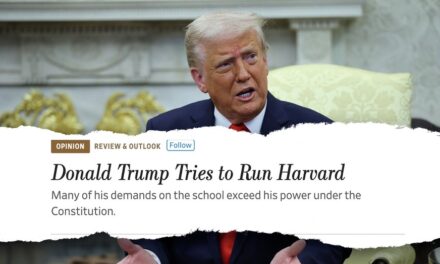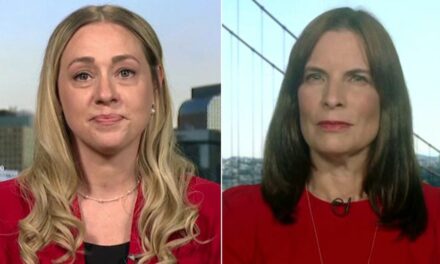Senator JD Vance has voiced his dissatisfaction with Politico, accusing the news outlet of softening President Joe Biden’s past remarks about Trump supporters. In a recent heated statement, Vance addressed what he perceives as media bias in covering political figures and their controversial statements. This controversy stems from an old comment made by Biden in which he referred to Trump supporters as “garbage.”
The friction reignited when Politico’s coverage portrayed Biden’s comment in a seemingly less harsh light. Vance, known for his vocal Republican stance, took to public platforms to question what he believes is an unfair portrayal by certain media outlets. He argued that media organizations like Politico should hold all public figures accountable to the same standard, irrespective of their political affiliations.
Politico’s coverage of Biden’s remark sparked criticism from not only Vance but also among other Republicans who feel that media outlets often display a double standard when reporting on political figures. Vance insisted that the media should not provide protective cushioning for any politician’s negative statements, regardless of political leanings. He passionately argued that bias in media can considerably affect public perception and trust.
Vance’s public complaint highlights the ongoing debate concerning media bias and its influence on public opinion. The relationship between media narratives and political discourse is more scrutinized than ever, and instances like these fuel the argument that some individuals or groups may receive skewed portrayals, whether favorable or unfavorable.
The issue has stirred conversations across political circles and social media platforms, with some leaning into Vance’s argument while others defend Politico’s reporting and its broader editorial practices. Critics of Vance suggest that his comments are an extension of a long-standing Republican critique of mainstream media, which they often accuse of liberal bias. Meanwhile, proponents of Vance’s view call for greater accountability and balance in media reporting.
This incident adds to the broader scrutiny of the media’s role in shaping political dialogue and its subsequent impact on voter perception. The entwined nature of media and politics persists as a focal point for discourse on transparency, fairness, and the responsibility of journalistic entities in the political landscape.
As the conversation continues, the call for unbiased media practices remains a critical concern among political figures and the public alike. This incident not only serves as a talking point for JD Vance but also highlights the larger conversation on how media coverage can influence and potentially skew the democratic process. Vance’s comments underscore the importance of accountability and impartiality in media reporting, a principle that resonates with individuals across the political spectrum.
































